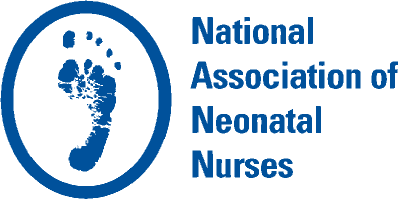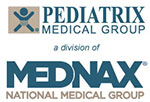NANNP Corner
Does the AMA’s Position on APN Independent Practice Impact the Neonatal APRN?
Lee Shirland, MS APRN NNP-BC
In 2008, the Robert Wood Johnson Foundation (RWJF) and the Institute of Medicine (IOM) started a 2 year initiative to assess and advance the nursing profession. In 2010 they released “The Future of Nursing Leading Change Advancing Health,” which serves as a blueprint for revolutionizing the nursing profession through four key messages (Institute of Medicine, 2011). One key message is that “nurses should practice to the full extent of their education and training” (IOM, 2011).
To qualify as an advanced practice registered nurse, a nurse must hold a master’s or doctoral degree and pass the national certification exam. However, APRNs sometimes are hindered from practicing to the fullest extent of their training due to varying state regulations. The report finds that “while some states have regulations that allow nurse practitioners to see patients and prescribe medications without physician supervision or oversight, the majority of states do not” (IOM, 2011).
In response to these restrictions, the Department of Veterans Affairs (VA) sent a proposal to the American Medical Association (AMA) in 2016 requesting that VA APRNs be able to practice independently of physician oversight regardless of individual state law. The AMA urged the VA to maintain the physician-led model of care to ensure greater integration and coordination of care for veterans and to improve health outcomes (Permut, 2016). However, the AMA made this decision without citing research and reported outcomes that compare nurse practitioner care to that of a physician. Such assumptions undoubtedly translate into neonatal advanced practice.
Neonatal nurse practitioners (NNP) work in various practice settings across the United States. Some states require the NNP to have a supervising physician or a collaborative practice agreement in place as a licensure requirement, while others do not. Regardless of state regulations, NNPs consider the expertise of their entire medical team and do not assume that they alone can or should provide care to a critically ill neonate. NNPs do not practice in isolation, and instead collaborate with physician colleagues to ensure that the best and most timely care is given to neonates. Even in states with supervising physician requirements, physicians will not be in-house or on-transport at all times. Our physician colleagues trust NNPs to collaborate with them in the care of the most vulnerable neonates. The NNP and physician will work together regardless of licensure or state regulations.
The AMA and regulating bodies should work together to ensure that APRNs can practice to the fullest extent of their education and training instead of obstructing this progress. It is more essential than ever to entice nurses to become APRNs, especially considering the shortage of NNPs and the aging workforce of our physician colleagues. Limiting scope of practice hinders the care that NNPs can provide based on their education, training, and certification.
NNP Workforce Compensation Webinar
The NNP workforce compensation survey webinar on January 16, 2018, was well attended and yielded extremely interesting results. Highlights included the average age of the NNP population and of our physician colleagues, compensation comparisons across the United States that included variances in the cost of living, shift preferences, and benefits. To access the webinar recording please visit the NANN website.
References:
Institute of Medicine of the National Academies. (2011). The future of nursing leading change, advancing health. Washington, DC. The National Academy Press.
Permut, S. R. (2016). AMA Statement on VA Proposed Rule on Advanced Practice Nurses. Retrieved from www.ama-assn.org/ama-statement-va-proposed-rule-advanced-practice-nurses.


